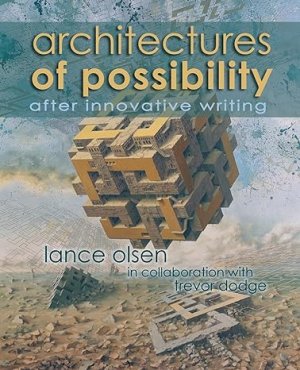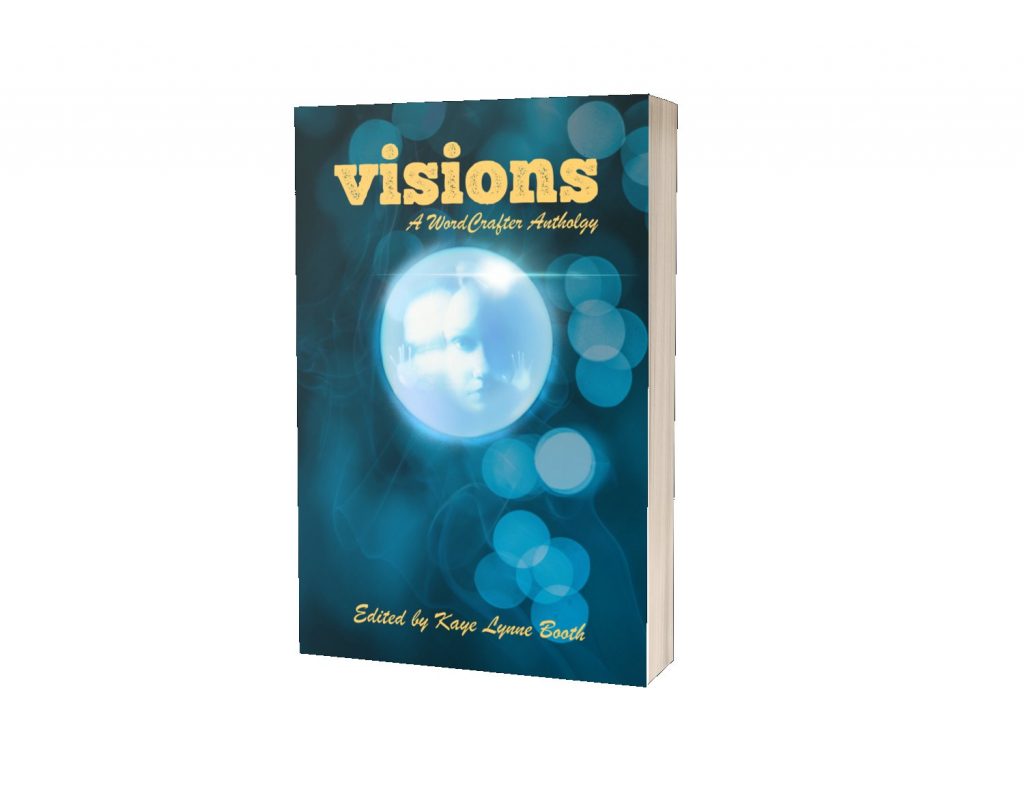Yeah…well…I’m at a point in my writing career where I know I can write better and am actively looking for something to show me the way.
Sadly, this book wasn’t it. For all the philosophizing and too-long monologues about which authors are unique and why, it pretty much comes down to what I wrote about re The Almanac of the Dead – truly experimental writing is favored by those who want to be experimented upon. The experimental writing examples given in the book don’t seem that experimental to me or are so…experimental(?)…that only an…experimental(?)…person might enjoy them.
Architectures of Possibility: After Innovative Writing taught me many things and mostly about myself.
Learning about one’s self is often the beginning of wisdom. Time will decide if that’s the case here.
One thing I learned is I’ll probably not be an innovative writer as far as Lance Olsen is concerned.
Consider some of his examples of innovative writing:
Shelley Jackson re-conceptualizes the page as human flesh in “The Skin Project”, a 2095-word story published exclusively in tattoos, one word at a time, on the skin of volunteers, while Camille Utterback and Romy Achituv’s “Text Rain” transforms the page into a three-dimensional room you can inhabit-i.e., an interactive installation in which participants lift and play with falling letters that appear to exist all around them. Participants stand or move in front of a large screen, on which they see a projection of themselves in black and white combined with a color animation of the alphabet tumbling through space that seems to land on their heads, arms, outstretched legs. In”The Xenotext Experiment”, Christian Bök (in collaboration with Stuart Kauffman) undertakes what he calls “a literary exercise that explores the aesthetic potential of genetics in the modern milieu” by literalizing William S. Burroughs’ assertion that language is a virus from outer space, Bök encodes a short verse into a sequence of DNA and then implants that sequence into a bacterium to observe its mutations. To put it differently, he uses a primitive bacterium as a writing machine. His wish is to rocket the organic result into outer space some day, thereby sending language back where it came from while creating an ever-changing poem that would outlive, not only the works of Homer, Shakespeare, and Joyce, but earth, the solar system, and the entire galaxy as well.
 Not my idea of a good bedtime read, that.
Not my idea of a good bedtime read, that.
Not my idea of a good any time read, that.
What’s most amusing (to me) is that, when all the “Oh My!”s are out of the way, the writing advice is the same I’ve encountered in far more accessible volumes. There are some gems in here, yes, and that’s the case with any writing text I’ve read.
But on the whole? Far too much effort for far too little reward.
So perhaps that’s my lesson? I know how to write well, simply write well better.
And I am aware what suits me may not suit you, so decide on your own.


